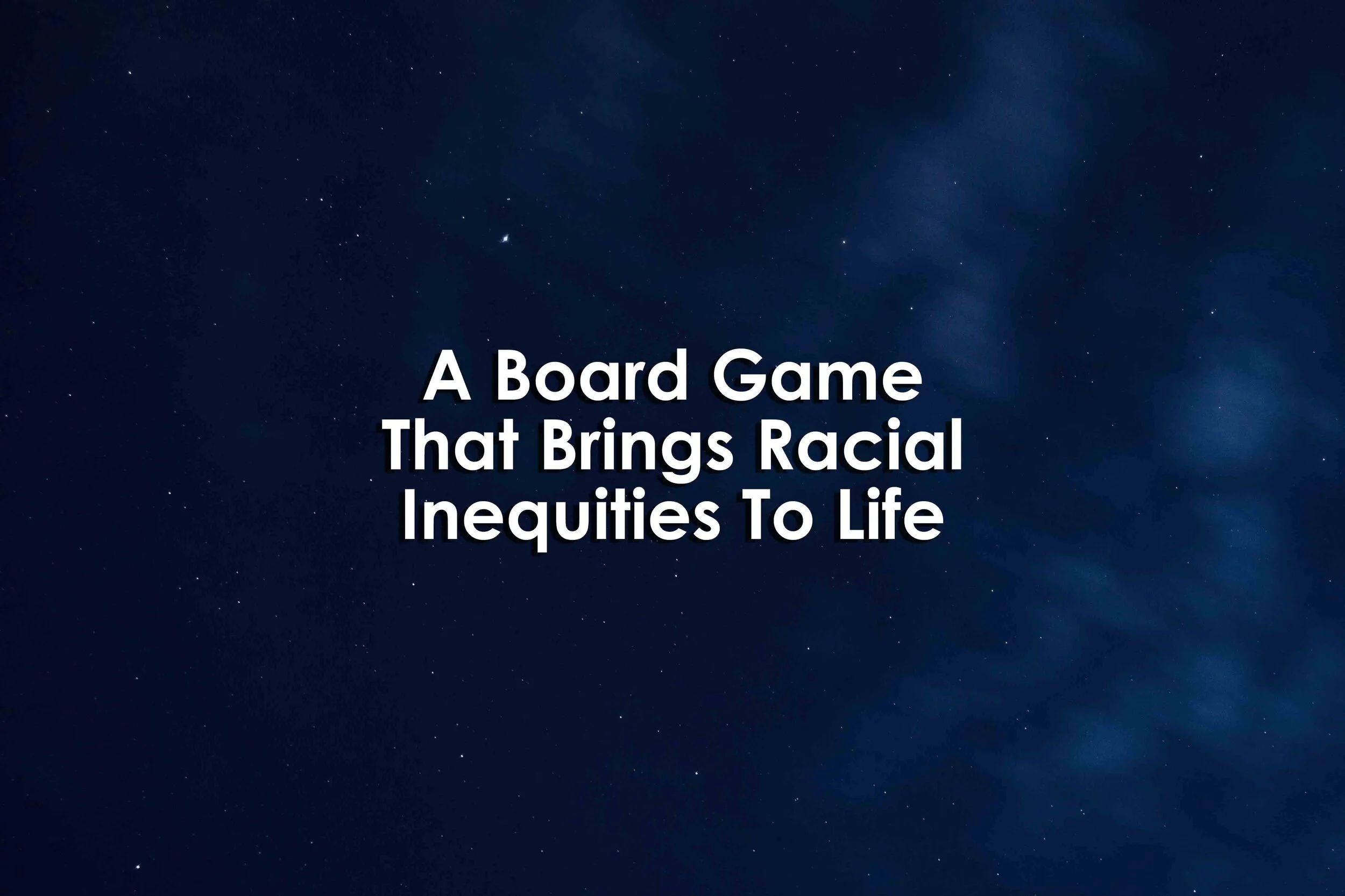A Board Game That Brings Racial Inequities To Life
A Board Game That Brings Racial Inequities To Life
A Board Game That Brings Racial Inequities To Life
By Paolo Gaudiano
July 29, 2020
Summary
It is perhaps for this reason that I was so delighted when, a few months ago, I was introduced to Perry Clemons, creator of Inequality-opoly: The Board Game of Structural Racism and Sexism in America.
As you might guess from the name, Inequality-opoly is inspired by the popular board game Monopoly, with players trying to amass wealth by buying, developing and trading real estate.
The idea for this game came to Clemons when he attended diversity, equity, and inclusion trainings, and noticed the difficulties the facilitators faced in demonstrating the effects of racial and gender discrimination in a way that could be engaging and personalized to all the people in the room.
As an educator, he realized that the best way to teach or reinforce something is to make it an interactive game.
He decided to base the game on Monopoly, America's favorite board game, but instead of meritocracy, Inequality-opoly shows the inequities of being a part of a marginalized group trying to gain wealth in America.
After four years of research, development, and play-testing, Clemons was able to raise some capital through crowdfunding platforms Kickstarter and Indiegogo, and started selling the game to the general public.
Interestingly, Clemons pointed out that the original version of Monopoly was an imitation of The Landlord's Game, an educational board game created at the end of the 19th century by Lizzie Magie for the purpose of showing that monopolies lead to a harmful accumulation of wealth that comes at the expense of others.
A few decades later, Charles Darrow, who is typically credited for inventing the game, teamed up with a political cartoonist to create Monopoly - a skillfully redesigned version of Magie's game, but whose wealth-accumulation objective is essentially the opposite of what Magie was trying to achieve - and sold it to Parker Brothers.
Beyond Inequality-opoly, Clemons hopes one day to start his own education company, leveraging the immense power of educational games to make a positive social impact.
As part of his master plan, he recently created a bilingual educational math game called Magic Number to help parents of elementary school students learn, practice, and reinforce common core math concepts, skills and operations during this era of distance learning.
Reference
Gaudiano, P. (2020, July 29). A Board Game That Brings Racial Inequities To Life. Retrieved August 01, 2020, from https://www.forbes.com/sites/paologaudiano/2020/07/29/a-board-game-that-brings-racial-inequities-to-life/


